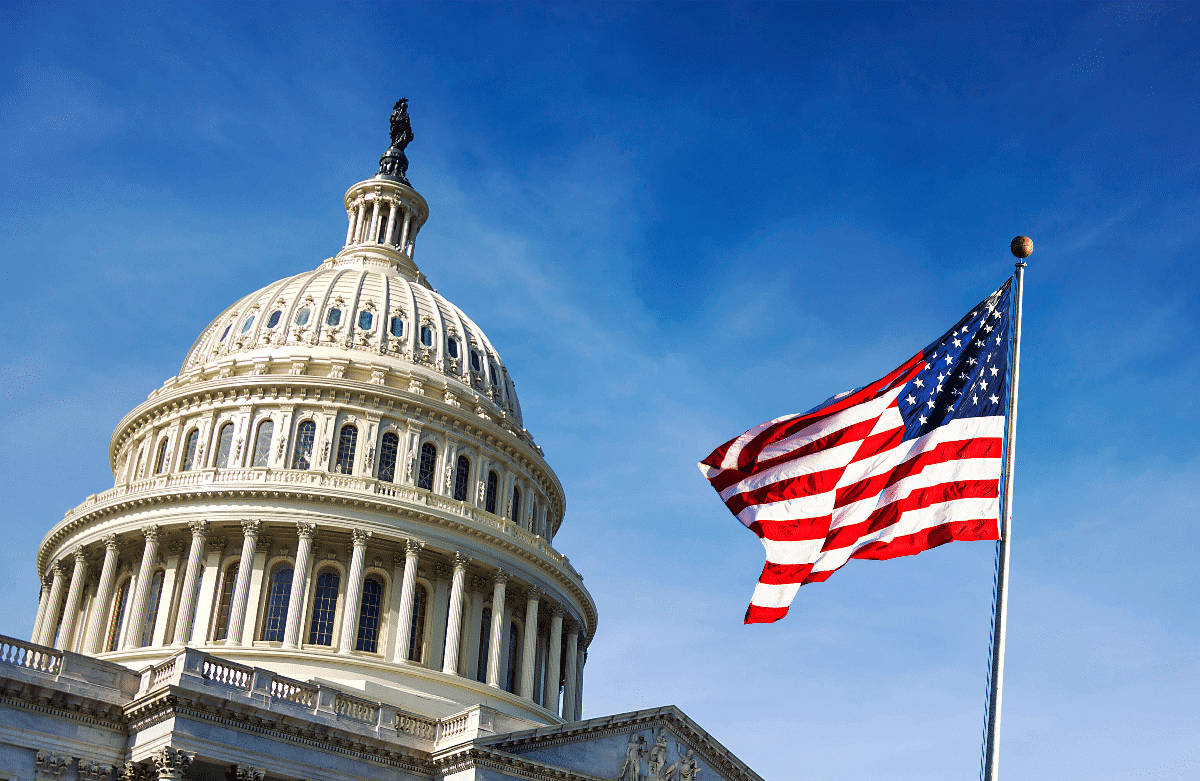United States Lawmakers Introduce Bills to Exclude CBDCs from the Definition of Money

United States lawmakers have proposed bills in four states to block possible definitions of a Central Bank Digital Currency (CBDC) as money.
The bills were introduced in South Carolina, South Dakota, Tennessee, and Utah as anti-CBDC legislators seek to prevent the use of CBDC tokens in those states as the wider industry debate with digital currencies continues.
Rep. Tyler Clancy introduced the bill in the Utah Senate on Jan 4 that will block the use of a CBDC in the state, removing it from the definition of a legal tender.
The bill defines a specie legal tender, the legal frameworks around the use and acceptance in the state. While other rules by the Federal Reserve or foreign governments may include CBDCs as a form of legal tender to be used together with fiat, the law takes a different position.
“… a central bank digital currency is not a specie legal tender in the state.”
On Jan 9, a similar bill was introduced in South Dakota, which expressly states that money does not include any central bank digital currency. The bill sponsored by the Chair of the Committee on Commerce and Energy joins the list of CBDC restrictive provisions.
Tennessee joins the pack
In Tennessee, Sen Frank Niceley filed the bill in the state senate on Jan 12 adding that the definition of money does not stretch to central bank digital currencies in the state. Per the bill:
“Money is a medium of exchange authorized it adopted by a domestic or foreign government… does not include central bank digital currency.”
Central bank digital currency means a digital currency, digital medium of exchange, or digital monetary unit of account issued by the federal reserve or another federal agency, a foreign government, a foreign central bank, or a foreign reserve system that is made directly available to a consumer by the entity and that is processed or validated directly by the entity.
Bitcoin versus CBDCs – a heated debate
The debate between CBDCs and private cryptocurrencies has dominated digital asset spaces for years, with pro-Bitcoin analysts and politicians criticizing possible government adoption. It is important to note that CBDCs are not stablecoins in the sense that USDC and USDT are, for example. This is why many crypto enthusiasts are vocal against central bank digital currencies and CBDC news and instead push for cryptocurrencies like Bitcoin.
Last year, Joe Rogan and Post Malone criticized the idea of deploying a CBDC in the United States, calling it “Game Over” for the average citizen.
.@JoeRogan Says ‘No F*cking Way’ to Central Bank Digital Currency: “That’s Game Over”@PostMalone asked @JoeRogan, “So how do you feel about the government’s digital currency that they’re working [on]?”
Rogan answered, “No f*cking way. No way. That’s what I think. I think… pic.twitter.com/OvQ7Cw1o4E
— The Vigilant Fox 🦊 (@VigilantFox) August 8, 2023
Stressing more government control, a reason widely expressed by critics, Rogan noted that authorities could track citizens and behavioral patterns from social media.
Florida Governor Ron DeSantis signed a law that prevents the use of CBDCs in the state. to protect personal finances from “government overreach and woke corporate monitoring.” He has also pledged to ban possible CBDCs should he get elected as President and tackle Biden’s anti-crypto policies.
In Argentina, pro-Bitcoin President Javier Milei opposed plans by Economy Minister Sergio Massa to roll out a CBDC.








